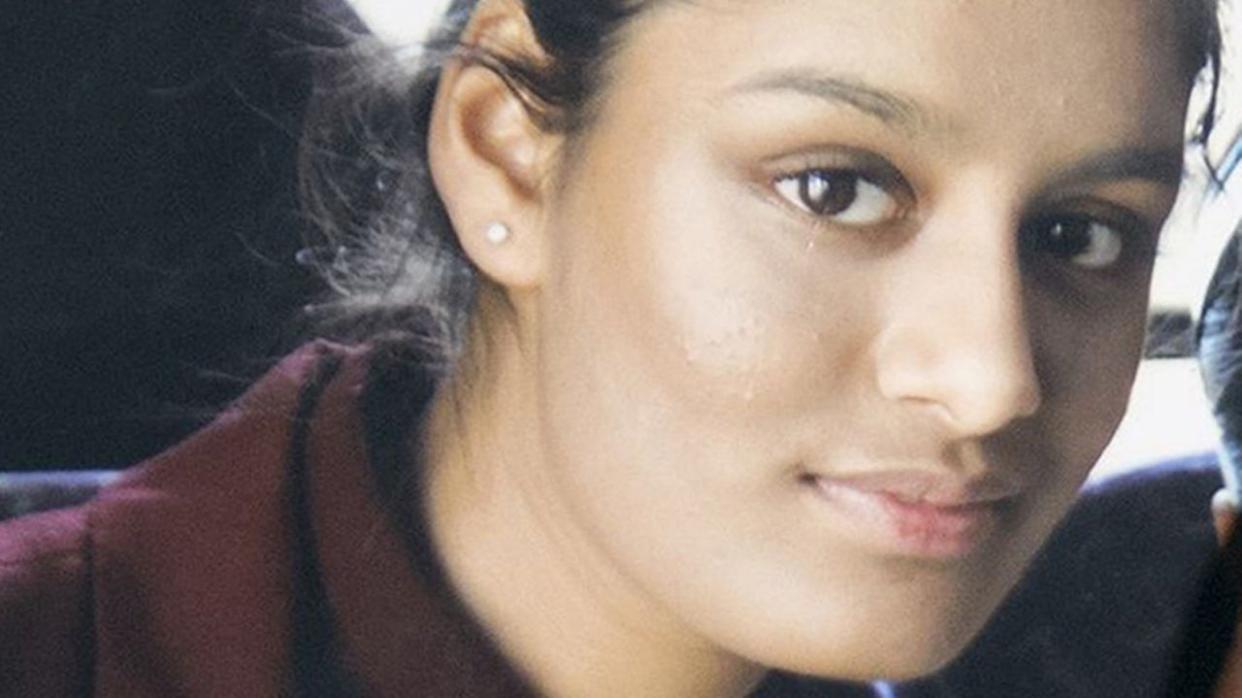Isis jihadist brides aren't 'naive' victims and knew what they were doing, say experts

ISIS jihadist brides aren't naive women lured to Syria but often have stronger ideological conviction than their male counterparts, a new study has revealed.
Experts in Norway found that while women are often portrayed as having been tricked or lured into fleeing their homes, they are actually motivated by the same idealism attributed to men.
Research published in Norwegian journal Nytt norsk tidsskrift found the ideological conviction of women who fled their homes to join IS was often much stronger than men who did the same.
Urging people not to be “blinded by the image of the naive jihadist bride”, Professor Brynjar Lia, professor of Middle Eastern Studies at the University of Oslo in Norway, said: “The ideological aspect was important for many of those who went.
“This was not just about women who became part of something that they did not understand the extent of. To many, idealism and a strong desire to help Muslims in Syria were their main reasons for going.”

The research comes after jihadist bride Shamima Begum was found in a refugee camp in Syria four years after after leaving her home in Bethnal Green to join IS, sparking anger over her apparent lack of remorse.
Begum is one of many female sympathisers from across the world who travelled to Iraq and Syria.
READ MORE
Jihadi bride Shamima Begum cannot come back, Priti Patel says
Donald Trump threatens to 'release thousands of ISIS fighters into Europe'
Prof Lia said women followed ISIS via their own media channels, especially by communicating with other women who had already gone to Iraq and Syria and while some created a “romantic image” of life there, others were “brutally honest about life’s harsh realities but described an experience of sisterhood and solidarity in the struggle and self-sacrifice”.
He said many women were helped to go, with communities making their journey easier.

One expert who had interviewed a number of captured ISIS fighters found the motivation of men who joined up to be more shallow than women.
David Hansen, a researcher at the University College of Norwegian Correctional Service, said: “To begin with, they give some statements about defending Islam and the prophet’s honour, but this is a superficial approach to a politicised religion.
“They have been looking for an extreme community and found one that was accessible to him.
“The women seemed much more ideologically motivated. They had specific plans about state building, about creating a nation, and they planned several generations ahead.
“The men I have spoken to went there to die. They did not think they would return to Norway.
“Several of the male foreign fighters that have returned home are serving prison sentences of approximately seven years.
"These sentences are much longer than what foreign fighters have got previously, and this makes the women reluctant to go home,”
Professor Lia added that the women who joined ISIS in Iraq and Syria were not merely bystanders but some were active in the front line.

